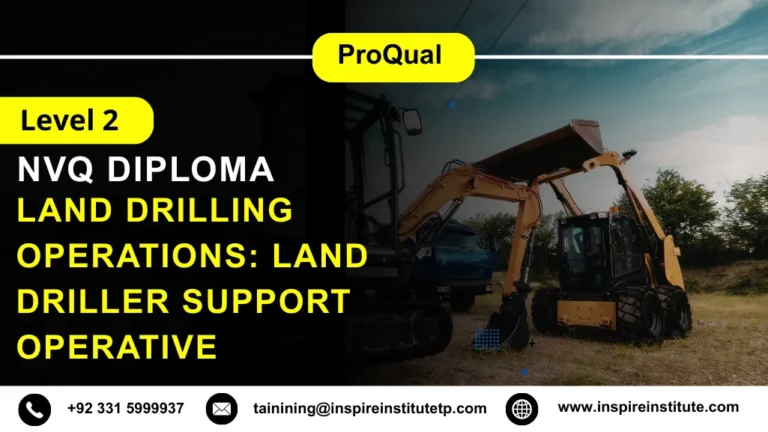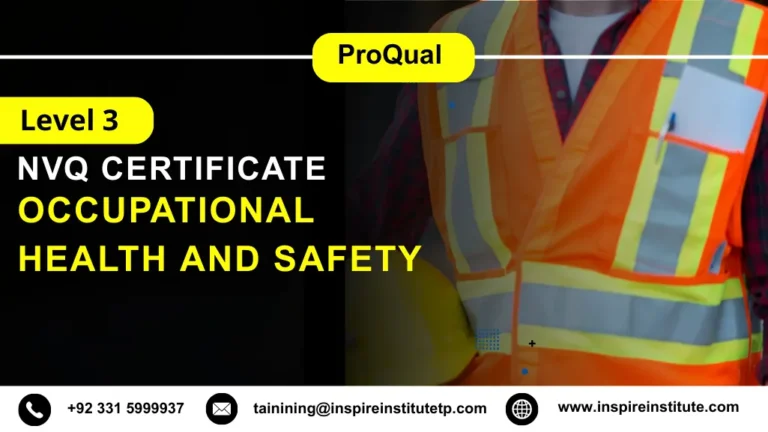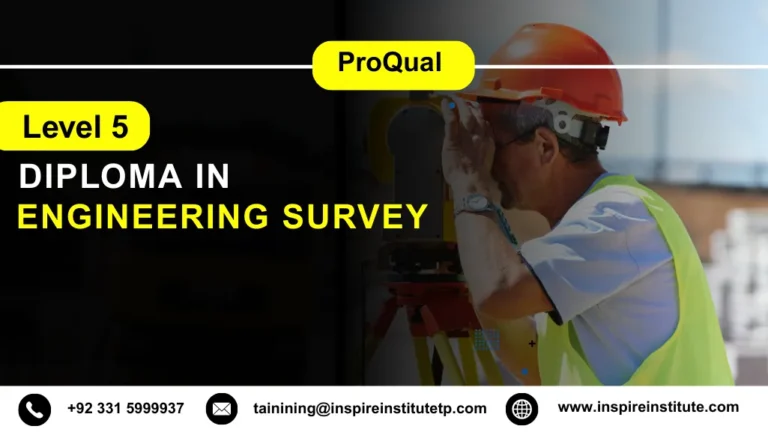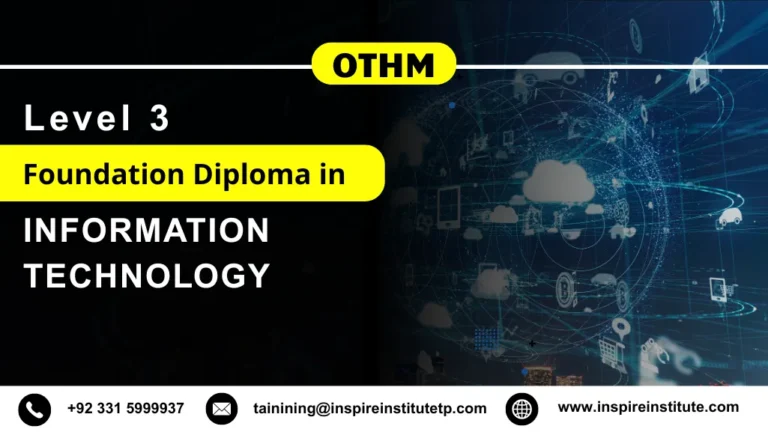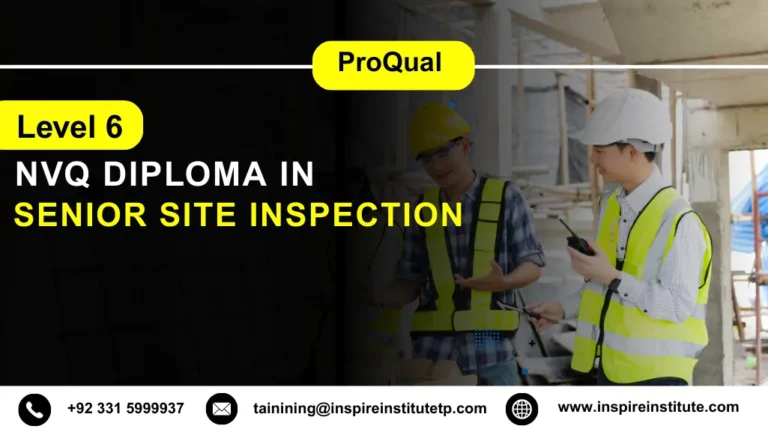ProQual Level 3 NVQ Diploma in Construction Contracting Operations
The ProQual Level 3 NVQ Diploma in Construction Contracting Operations is a practical, competency-based qualification designed for professionals working in the construction industry who want to formalise their skills and enhance career prospects. This NVQ diploma focuses on developing the knowledge and practical expertise required to manage, supervise, and execute contracting operations on construction sites effectively, in line with industry standards and safety regulations.
Learners gain hands-on experience in areas such as site management, project coordination, health and safety compliance, quality control, and resource allocation. The course is structured to reflect real workplace requirements, enabling candidates to demonstrate their ability to perform tasks to the highest professional standards while adhering to legal and regulatory guidelines.
Ideal for construction operatives, site supervisors, and project coordinators, the Level 3 NVQ Diploma equips professionals with the skills to oversee contracting operations, manage teams, and ensure projects are completed efficiently, safely, and on time. The programme also emphasises practical competence, making it suitable for learners who wish to continue working while gaining a nationally recognised qualification.
Upon completion, learners will possess the expertise to progress into supervisory or managerial roles, improve operational performance, and contribute to the overall success of construction projects. The ProQual Level 3 NVQ Diploma in Construction Contracting Operations is a recognised pathway for career advancement and professional development in the construction industry.
Overview
Certifying Body
ProQual
Course Duration
4-6 Months
Evaluation
Assignments Based
Study Units
10-Units
Learning Mood
Online
Qualification Structure
To achieve the ProQual Level 3 NVQ Diploma in Construction Contracting Operations ;
Candidates must complete the 10 Credits from the Mandatory units,
A minimum of 20 Credits from Optional Group B
A minimum of 8 Credits from Optional Group C
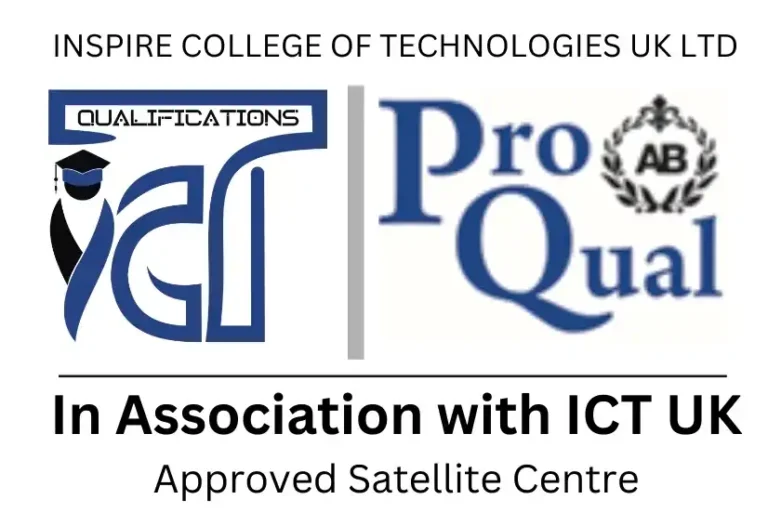
Inspire Institute of Technologies is Approved Satellite Centre of ProQual


